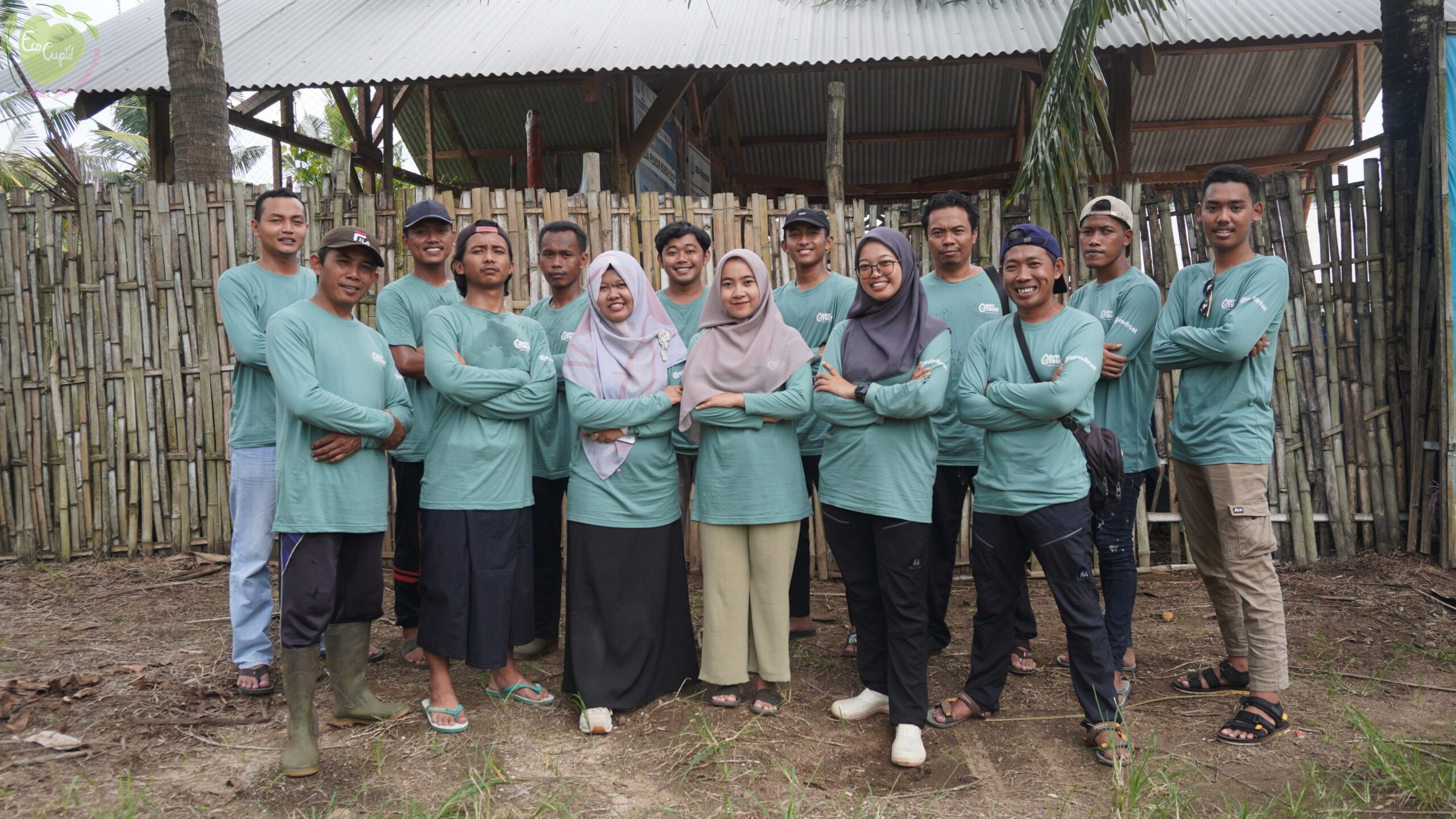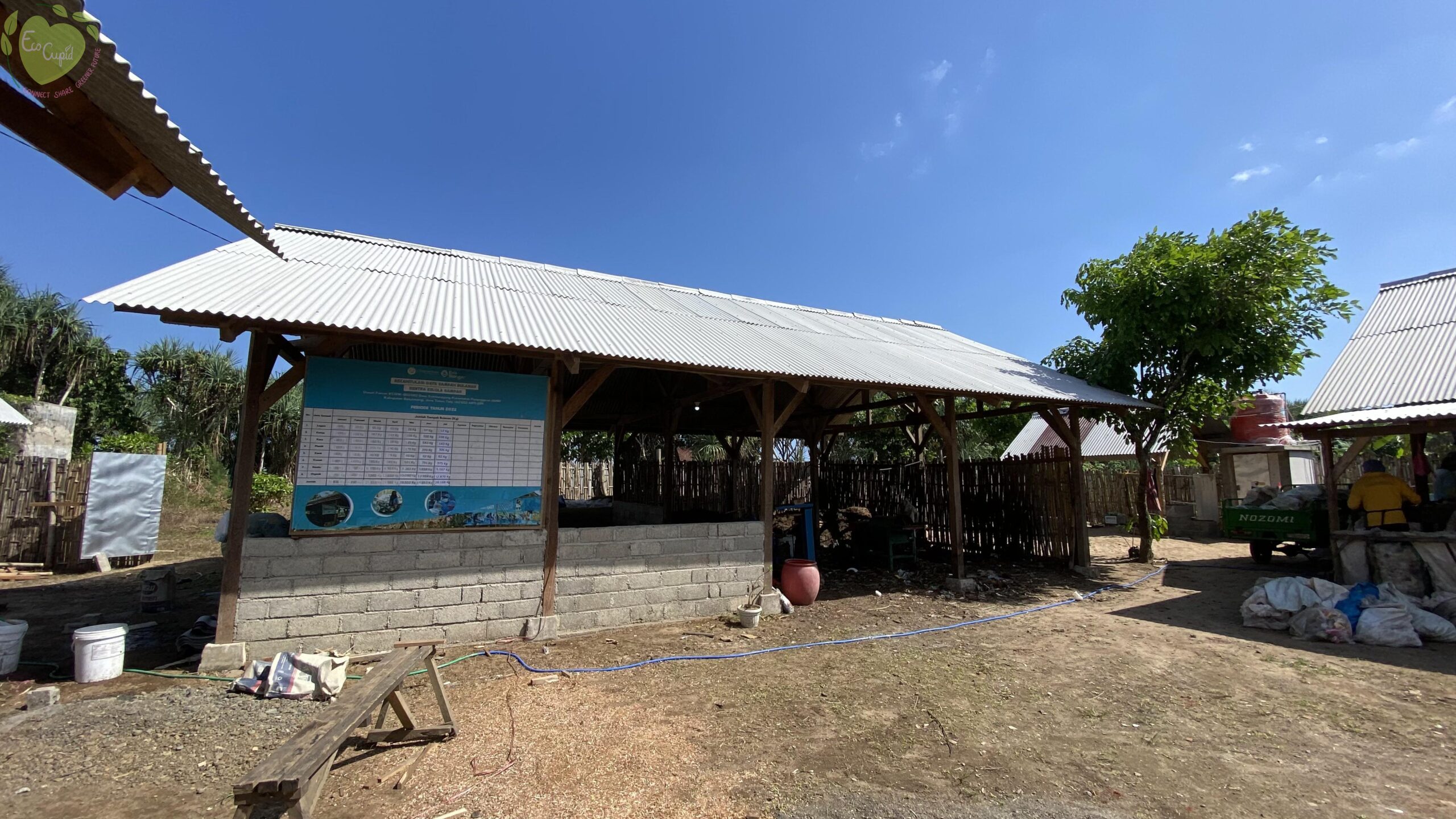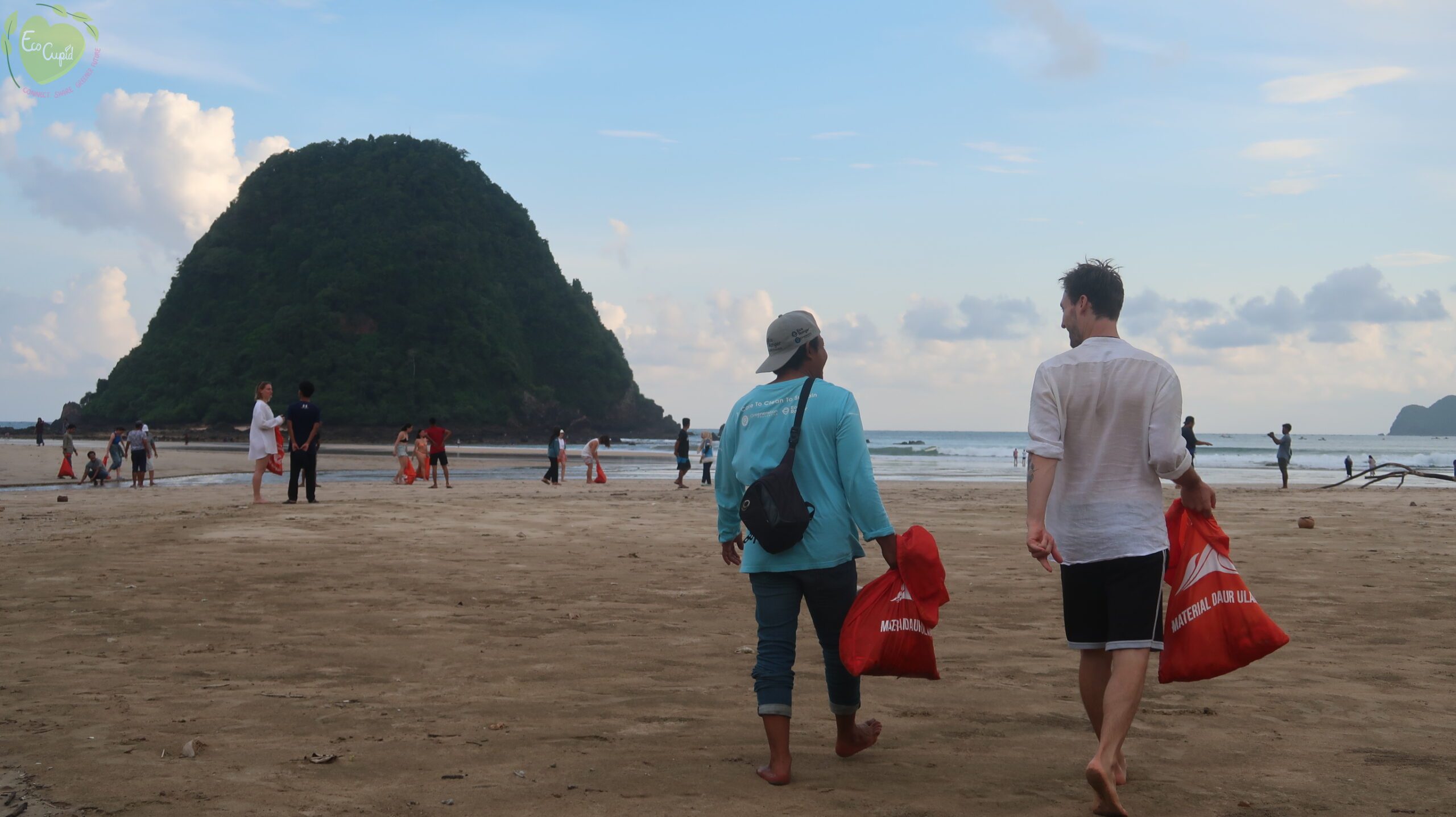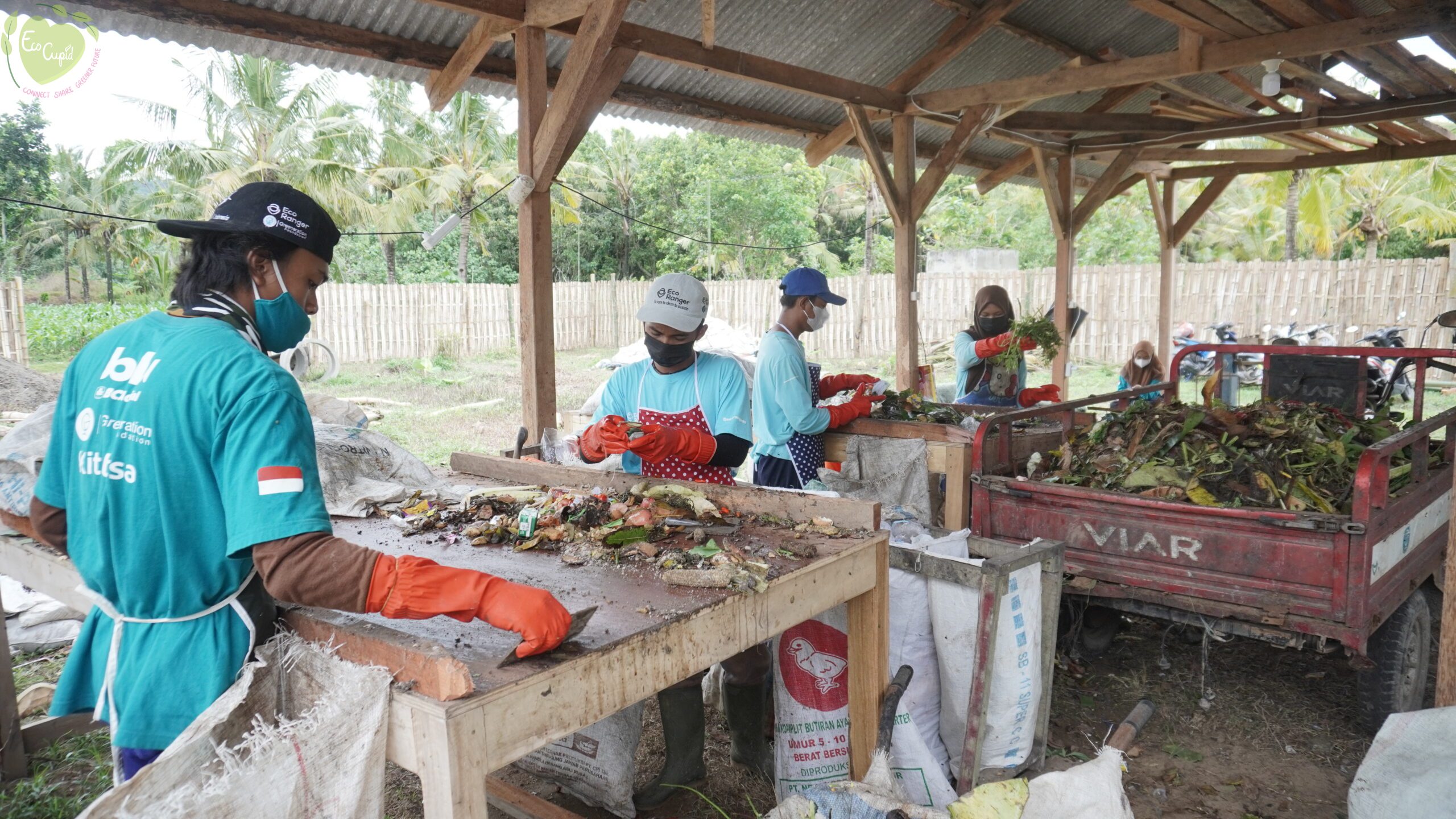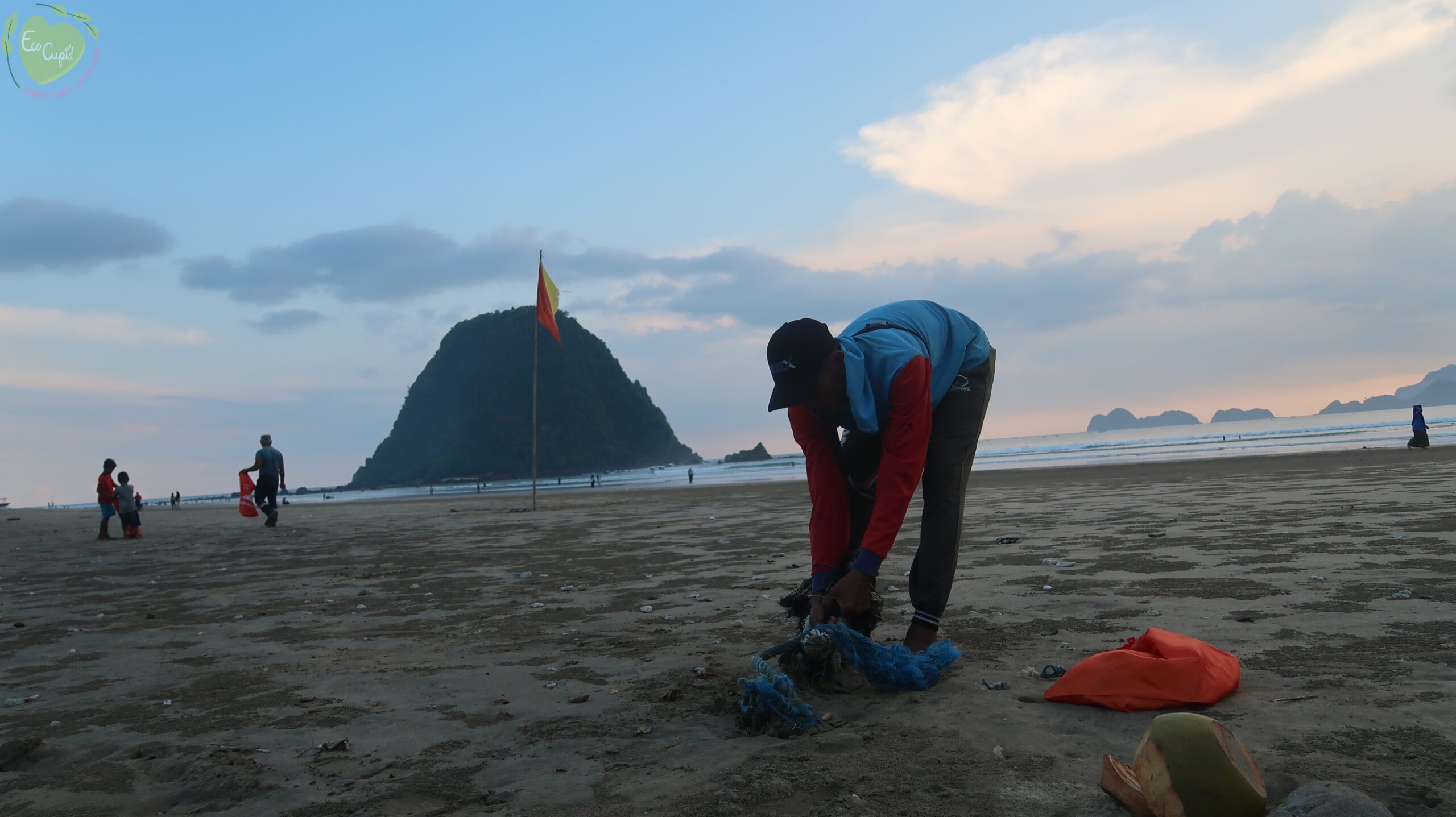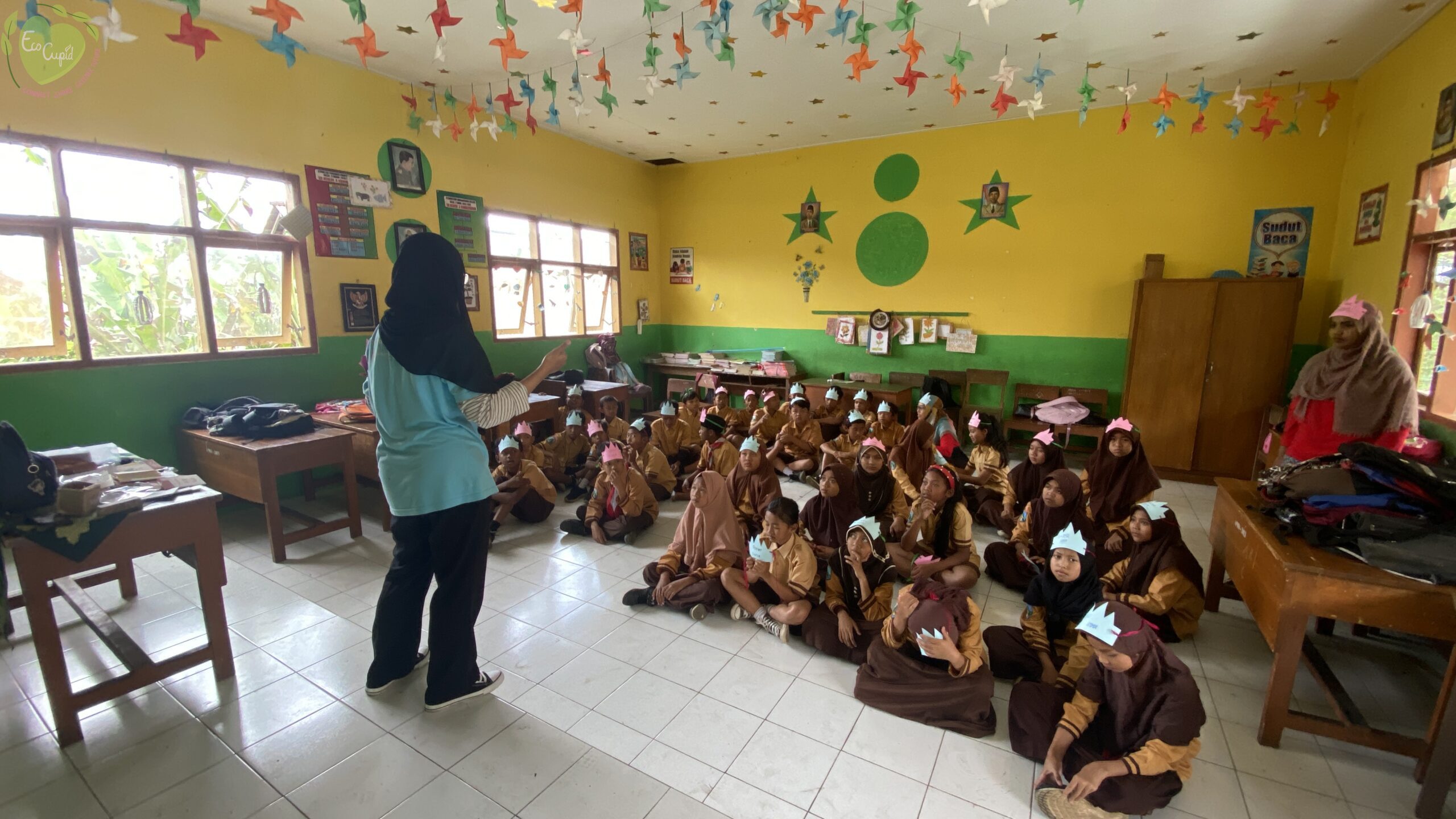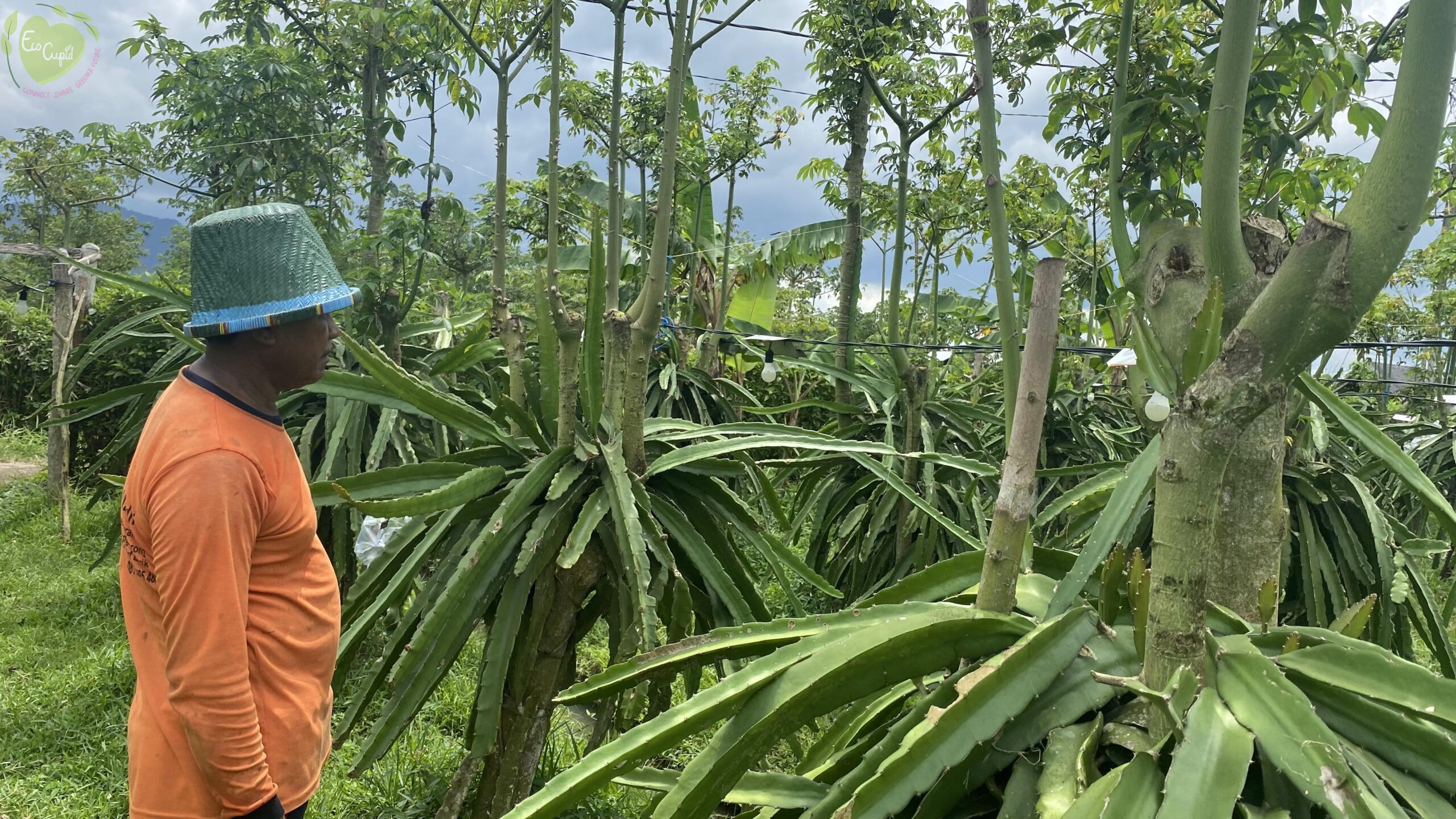Eco-Heroes
Ready to be inherited: Exemplary Waste Management Model in Banyuwangi
2 June 2023
by Nattamon Lompaporn
A sustainable tourism program is being set up in one of Indonesia’s National Strategic Tourist Destinations through setting waste management infrastructure and community education

